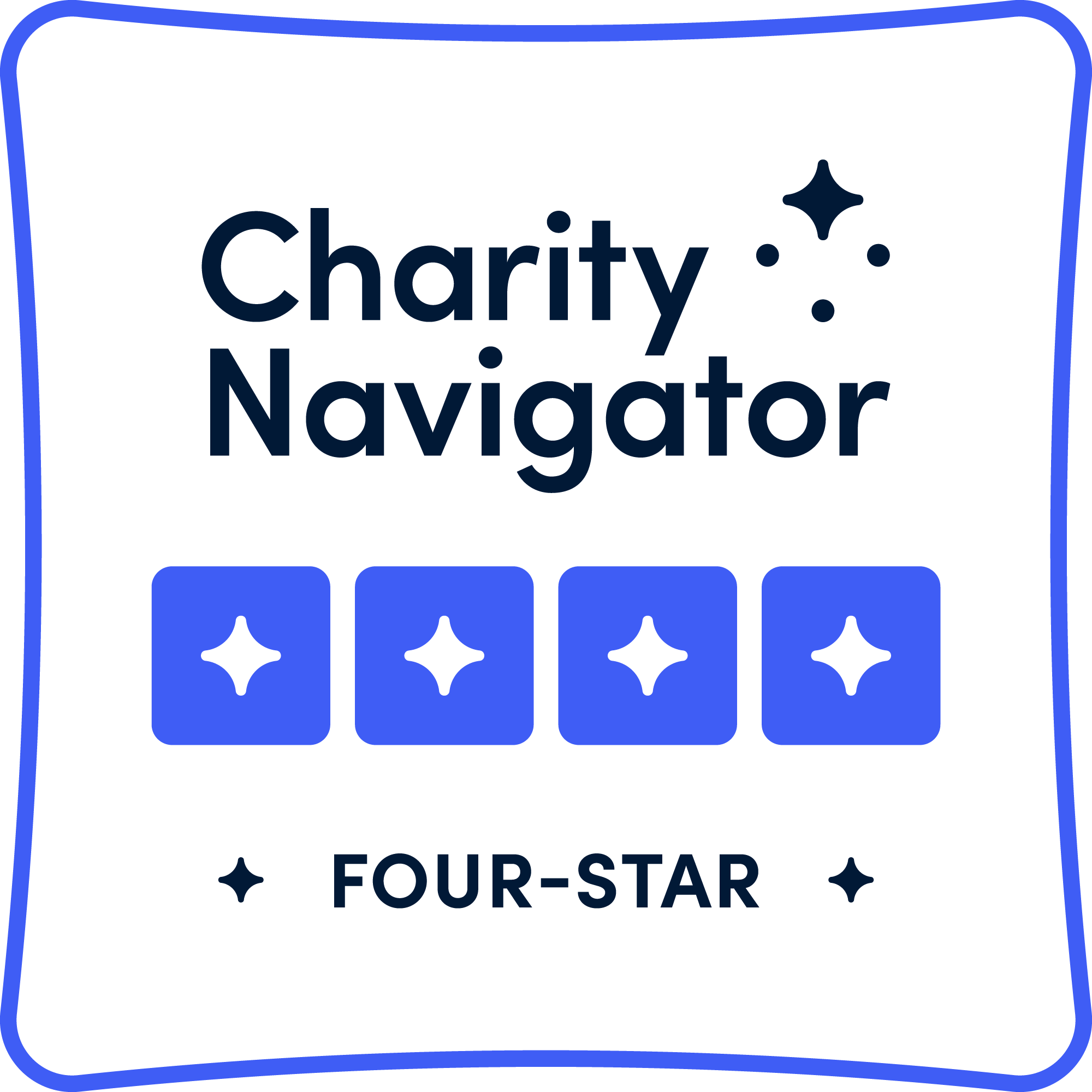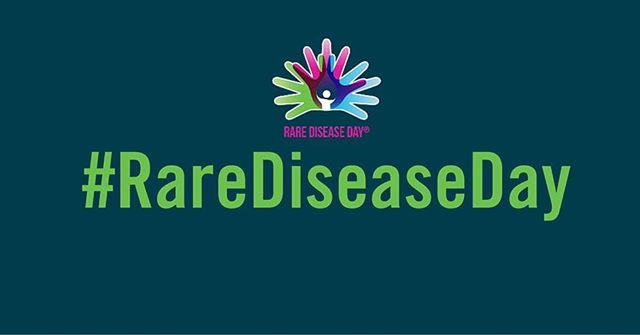Category: FDA
Sorry, no posts matched your criteria.
Sorry, no posts matched your criteria.

AMYLOIDOSIS RESEARCH CONSORTIUM, INC.
320 Nevada Street, Suite 210 Newton, MA 02460 USA | 617-467-5170
support@arci.org
ARC is a 501(c)(3) nonprofit organization. Tax ID: 47-2589708
©2025 ARC – Amyloidosis Research Consortium, Inc. All rights reserved.



Rare Disease Day takes place every year on Feb 28. The many events that take place all month long provide a unique opportunity to raise awareness and advocate for key policy issues that affect amyloidosis patients.
As rare diseases take center stage online and on social media, join ARC in shining a light on amyloidosis. You can help by playing your part; here are 5 ways you can get involved:
Attend virtual Rare Disease Day events:
Show your support on social media: Visit ARC’s Facebook, Twitter, and LinkedIn and share the post pinned to the top of our pages to help spread awareness of amyloidosis.
Share your unique story on Facebook: By highlighting the impact of amyloidosis on your life, you can play an important role in raising awareness about the symptoms and impact of the disease. Tag us on Facebook and we’ll share your story.
Host an online fundraiser: to increase awareness of the disease and raise funds to support much needed research toward finding a cure for amyloidosis. Click the link to create a Facebook fundraiser.
Contact your elected officials: Elected officials like to hear from their constituents, understand their concerns, and actions that would best serve their community. Send a letter to members of U.S. Congress and ask them to take action in support of rare disease patients.
In your letter, share your experience with amyloidosis; include a paragraph about who you are and how amyloidosis has affected you. Include a photo too if possible. Then, highlight the action needed; our guide provides information you can use in your letter.
Members of the U.S. Congress
• U.S. Senators—Get contact information for your Senators in the U.S. Senate.
• U.S. Representatives—Find the website and contact information for your Representative in the U.S. House of Representatives.
